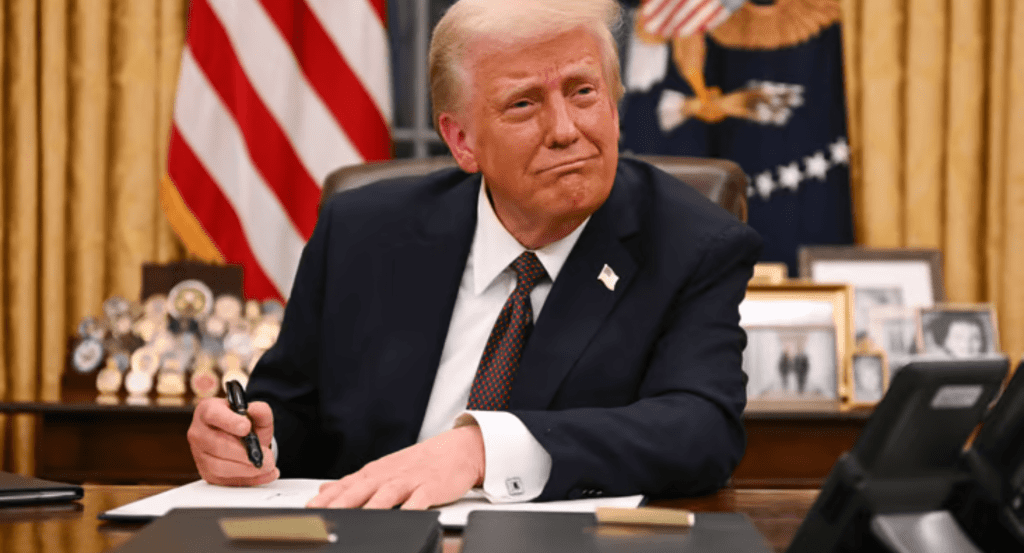The recent suspension of the U.S. President’s Emergency Plan for AIDS Relief (PEPFAR) funding by the Trump administration has sparked widespread concern, with experts warning that millions of people across Africa, including Nigeria, are at risk of losing access to lifesaving HIV/AIDS treatments. This decision has drawn sharp criticism from global health advocates, who fear a potential resurgence of the epidemic.
PEPFAR, launched in 2003, has been a cornerstone of the global fight against HIV/AIDS. The program has provided antiretroviral therapy (ART) to over 20 million people, prevented millions of new infections, and supported critical healthcare systems in developing countries. In Africa, where the burden of HIV/AIDS remains disproportionately high, PEPFAR funding has been a lifeline for vulnerable populations.
Reports indicate that the Trump administration halted PEPFAR funding over concerns about program accountability and its alleged alignment with organizations promoting controversial social policies. The administration argues that this move is part of a broader effort to ensure U.S. taxpayer funds are used effectively.
However, critics say the freeze is a politically motivated decision that disproportionately affects developing countries. The New York Times notes that this sudden interruption in funding could lead to a collapse of healthcare programs that rely heavily on PEPFAR support.
In Nigeria, one of the largest beneficiaries of PEPFAR, the suspension has already caused disruptions in the supply of antiretroviral drugs. Healthcare providers warn that patients may soon face shortages, forcing them to halt treatment. This interruption could lead to drug resistance and a spike in HIV-related deaths.
According to The Africa Report, more than 5 million Africans depend on PEPFAR-supported programs. Without immediate intervention, these individuals risk losing access to essential healthcare services, including HIV testing, treatment, and prevention initiatives.
“This freeze is a direct threat to the progress we’ve made in combating HIV/AIDS over the last two decades,” said a healthcare expert in Abuja. “It’s a decision that puts politics above human lives.”
The funding freeze has far-reaching consequences beyond individual patients. Local healthcare systems, many of which are already underfunded, rely on PEPFAR to sustain operations. In Nigeria, the program has trained healthcare workers, strengthened laboratories, and supported community outreach efforts.
“Without PEPFAR, many of these systems could collapse, reversing years of progress in public health,” said a Nigerian government official.
International organizations and African leaders are urging the U.S. government to reconsider its stance. A recent editorial by the Center for Global Development emphasized the urgency of resuming funding, warning that delays could lead to a humanitarian crisis.
“PEPFAR has saved millions of lives and helped stabilize healthcare systems in regions that need it the most,” the editorial stated. “The U.S. must not abandon this critical mission.”
Former PEPFAR beneficiaries have also joined the call, sharing their stories of survival thanks to the program. “I’m alive today because of PEPFAR,” said a Lagos resident living with HIV. “It’s heartbreaking to think that others may not get the same chance.”
While negotiations continue, the uncertainty surrounding PEPFAR’s future has left millions in limbo. Advocacy groups are ramping up pressure on U.S. lawmakers to intervene, arguing that the cost of inaction will be measured in lives lost.
For now, the fate of PEPFAR hangs in the balance, and the global health community waits anxiously for a resolution to this crisis.




















